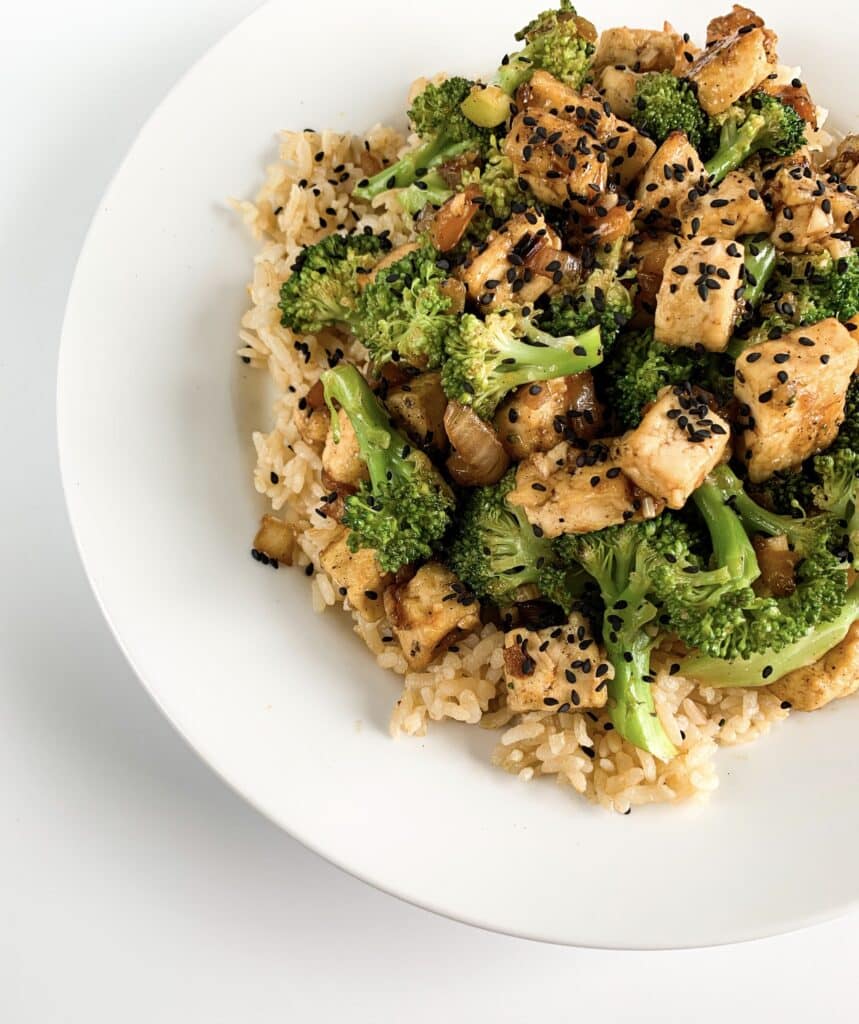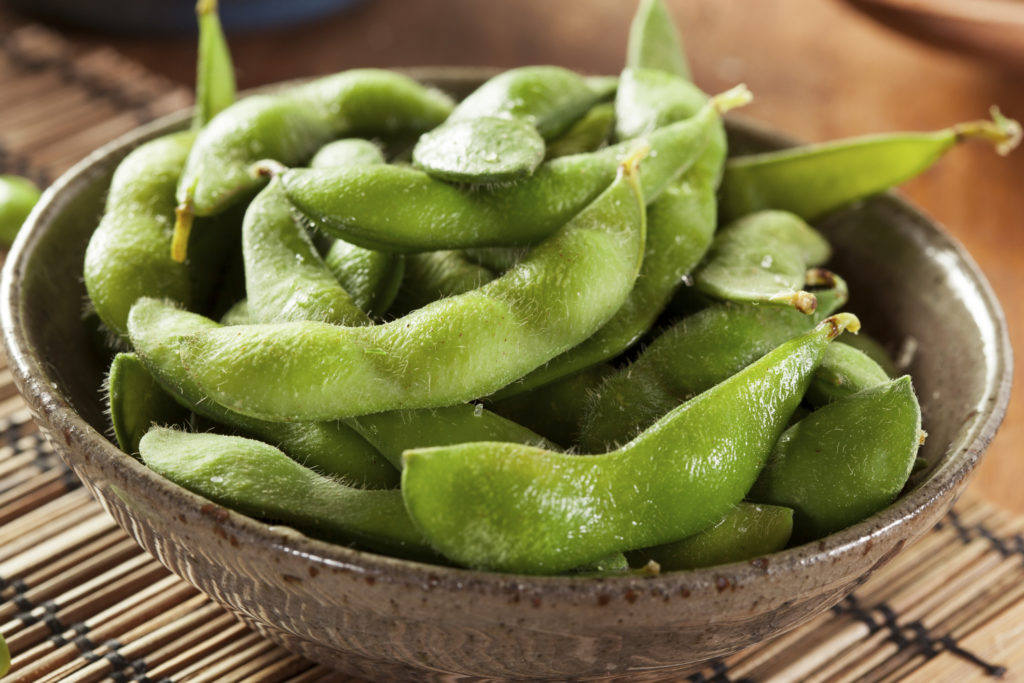Podcast Features
What do you want to learn more about?
Mentorship Program, 1:1 Nutrition Coaching with Alison
The Wholesome Journey - Group Nutrition Coaching Program
March 14, 2019
Alison Tierney, MS, RD, CD, CSO
Alison is a registered dietitian, board-certified in oncology nutrition, and a cancer thriver. Her expertise in oncology nutrition and personal experience with her own cancer diagnosis and its treatment provide her with the unique perspective of being able to relate to her clients on an entirely different level. Her content is consistently focused on evidence-based guidelines and seeks to increase the awareness of the power of nutrition to complement traditional cancer therapies.
- Alison Tierney, MS, RD, CD, CSOhttps://wholesomellc.com/author/alisonwholesomellc-com/
- Alison Tierney, MS, RD, CD, CSOhttps://wholesomellc.com/author/alisonwholesomellc-com/
- Alison Tierney, MS, RD, CD, CSOhttps://wholesomellc.com/author/alisonwholesomellc-com/
- Alison Tierney, MS, RD, CD, CSOhttps://wholesomellc.com/author/alisonwholesomellc-com/
Updated March 10th, 2023
How Does Soy Affect Breast Cancer Risk?
One of the most controversial topics in nutrition and cancer is related to soy and breast cancer risk.
An oncologist says one thing. Conversely, a dietitian says another. Plus, thousands of nutrition articles on the internet tell both stories. All of the back and forth is enough to pull your hair out and ultimately you decide to avoid soy completely.
Although, in my professional opinion, you should consider including soy in your diet.
Why?
Soy contains protective benefits against breast cancer and other hormone fueled cancers, like prostate cancer.
Let me explain.
Soy naturally contains the phytoestrogen isoflavones. Isoflavones are phytochemicals with anti-cancer properties. When people hear the word “estrogen” many automatically associate phytoestrogens to human estrogen.
Phytoestrogens from soy (and other foods like flaxseeds) are not the same as human estrogen.
Although they look similar in chemical structure, it doesn’t work the same as human estrogen.

What does research reveal about soy intake and breast cancer survival?
Overall, phytoestrogens from soy have been found to lower breast cancer risk (1).
Breast cancer patients who ate the most soy lived significantly longer and had significantly lower risk of breast cancer recurrence than those who ate less soy (2). In fact, drinking just 1 cup of soy milk (or consuming the equivalent amount of phytoestrogens), may actually reduce the risk of breast cancer recurrence by 25% (3,4).
Even better, this risk reduction was found in both women with estrogen positive (ER+) and triple-negative breast cancer. (5)
Why does soy intake reduce breast cancer risk?
Research believes the reduction in risk is related to the BRAC1 and BRAC2 genes (6). These genes are tumor suppressor genes and are responsible for repairing DNA damage. If someone has genetically mutated (or, changed) BRAC1 or BRAC2 genes, their risk for breast cancer is greater than those who do not have the gene mutation. Soy is believed to reactivate these BRCA genes to repair DNA damage–just as they were intended to. The great news is that research also demonstrates that soy consumption can benefit even those with BRAC1 or BRAC2 gene mutations (7).

What’s the takeaway on soy?
One shouldn’t be fearful of consuming soy food products such as soy milk, tofu, tempeh, edamame, etc. In fact, the consumption of soy has demonstrated a decreased risk in hormone positive cancers and the development of recurrence for those who have encountered a diagnosis. And although studies still need to be done in GMO crops, your safest bet would be to choose organic, non-GMO products until we have long-term research proving otherwise.
Want to dig deeper into a plant-based diet, soy and how it’s consumption may reduce cancer risk? Learn more about Wholesome’s online program – The Wholesome Journey.
Ready to include soy more regularly into your diet? Check out some of our favorite recipes!
Kung Pao Tofu
Stir Fry Tofu & Broccoli
Sofrita Tacos
References
- Nagata C, Mizoue T, Tanaka K, et al. Soy intake and breast cancer risk: an evaluation based on a systematic review of epidemiological evidence among the Japanese population. Jpn J Clin Oncol. 2014;44(3):282-95.
- Chi F, Wu R, Zeng YC, Xing R, Liu Y, Xu ZG. Post-diagnosis soy food intake and breast cancer survival: a meta-analysis of cohort studies. Asian Pac J Cancer Prev. 2013;14(4):2407-12.
- Bhagwat, S., Haytowitz, DB, and Holden, JM. 2008. USDA Database for the Isoflavone Content of Selected Foods, Release 2.0. U.S. Department of Agriculture, Agricultural Research Service, Nutrient Data Laboratory Home Page: http://www.ars.usda.gov/nutrientdata/isoflav
- Nechuta SJ, Caan BJ, Chen WY, et al. Soy food intake after diagnosed breast cancer and survival: an in-depth analysis of combined evidence from cohort studies of US and Chinese women. Am J Clin Nutr. 2012;96(1):123-32.
- Chi F, Wu R, Zeng YC, Xing R, Liu Y, Xu ZG. Post-diagnosis soy food intake and breast cancer survival: a meta-analysis of cohort studies. Asian Pac J Cancer Prev. 2013;14(4):2407-12.
- Bosviel R, Dumollard E, Dechelotte P, Bignon YJ, Bernard-Gallon D. Can soy phytoestrogens decrease DNA methylation in BRCA1 and BRCA2 oncosuppressor genes in breast cancer? OMICS. 2012;16(5):235-44.
- Magee PJ, Rowland I. Soy products in the management of breast cancer. Curr Opin Clin Nutr Metab Care. 2012;15(6):235-44.
- Butler D, Reichardt T. Long-term effect of GM crops serves up food for thought. Nature. 1999;398(6729):651-6.
Is Soy Linked to Breast Cancer?
Wholesome LLC is not a medical practice, and its employees cannot offer medical advice. This website provides educational information but it is not a substitute for medical advice from a licensed medical professional who is familiar with your particular facts and circumstances. The information contained on this website is not intended to diagnose, treat, or cure any disease and shall not be construed as medical advice. The information and education on this website is provided for you to use at your own discretion.
You can further review our disclaimer here.
Wholesome
About Alison
Courses & Programs
The Wholesome Journey
Free Resources
FAQs
Press & Media
Recipes
Blog
Contact Us
Shop
© 2025 Wholesome, LLC All rights reserved.
Privacy Policy
Terms of Use
Disclaimer
Mobile Terms of Service